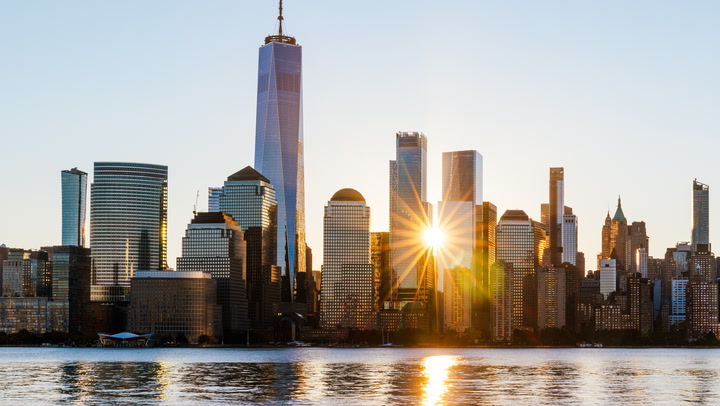Summary of New Short-Term Rental Regulations in New York City
- Introduction to New Law
- Impact on Hosts and Rentals
- Response from Airbnb
- Reactions to Housing Shortage
It will soon be harder to find a vacation rental in New York City.
On Tuesday, the Short-Term Rental Registration Law, also known as Local Law 18, came into effect in New York, significantly changing the rules around short-term rentals such as those found on Airbnb, VRBO, HomeAway, and Vacasa. The new regulations require hosts to register their listings with the Mayor’s Office of Special Enforcement and mandate that booking platforms ban any unregistered listings.
If hosts are found violating the rules, they could face fines of up to $5,000, while the platform can incur penalties of up to $1,500 per transaction.
Local Law 18, The New York Times reported, is an extension of existing laws designed to prevent individuals from renting their homes for less than 30 days unless they are also residing in the home during the stay. The previous law limited rentals to no more than two guests per stay. However, The Times noted through a legal filing that more than half of Airbnb’s $85 million revenue in New York City in 2022 allegedly stemmed from illegal listings (Airbnb has disputed this claim).

“Registration creates a clear path for hosts who follow the city’s longstanding laws and protects travelers from illegal and unsafe accommodations while ending the proliferation of illegal short-term rentals,” stated Christian Klossner, executive director of the city’s Office of Special Enforcement, as reported by NBC New York.
So, what does this mean for travelers? It will likely result in significantly fewer rentals being available across these platforms. According to The Times, city officials received approximately 3,250 registration applications for short-term rentals; however, as of August 28, only 257 were approved. Specifically for Airbnb, if you are a traveler with a reservation starting after December 1, your booking will be canceled and refunded. Therefore, if you have a short-term stay coming up, make sure to verify with your booking platform regarding how your stay may be impacted.
For its part, Airbnb claimed that the new rules are both confusing and a substantial setback for longtime hosts and frequent guests.
“It has long been our goal to work with New York City to create sensible home-sharing regulations for our host community, and for the better part of the last decade, we have worked diligently to find a path forward,” stated Theo Yedinsky, Airbnb’s global policy director, in a statement. “New York City’s new short-term rental rules are a setback for its tourism economy and the thousands of New Yorkers and small businesses in the outer boroughs who depend on home sharing and tourism dollars to make ends meet. The city is sending a clear message to millions of potential visitors who will now have fewer accommodation options when they visit: You are not welcome.”
The new law, as explained by city officials to various media outlets, aims to combat the housing shortage for locals. However, as the Pew Charitable Trust reported in May, the housing shortage in both New York City and New York state may be more influenced by restrictive permitting for new housing rather than short-term rentals.
“New York’s lack of building does not reflect weak demand for housing; its low vacancy rates and high rents demonstrate strong demand for homes,” noted the Trust. “Instead, rigid local regulations and cumbersome permitting processes have complicated construction, particularly for lower-cost homes such as apartments, houses on small lots, and units without off-street parking. Prior Pew research indicated that regions that updated their zoning policies to permit these types of residences experienced increased housing availability and contained rent growth.”





